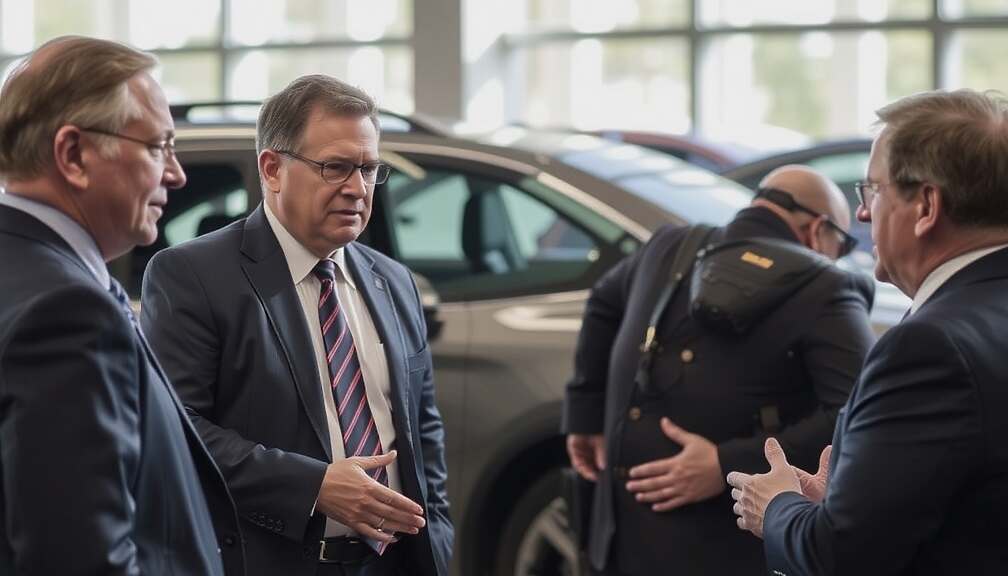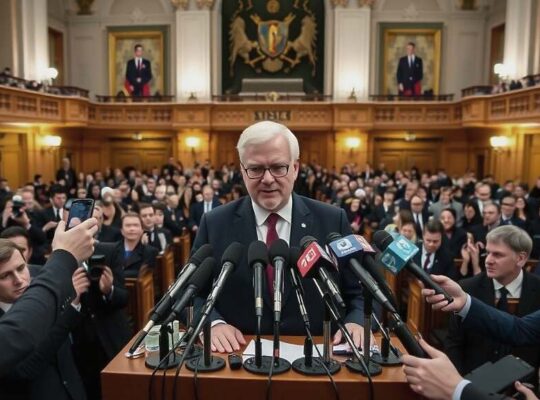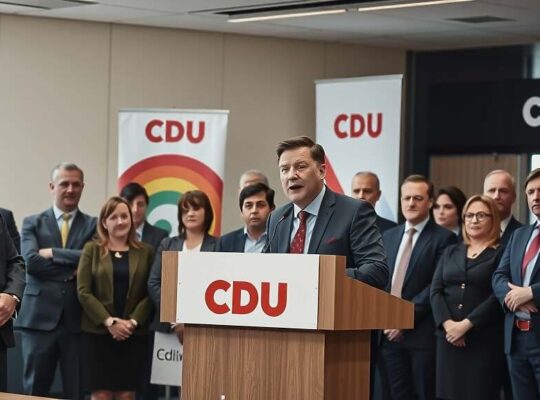The Volkswagen Group has faced a significant decline in profits during the second quarter, prompting calls for a fundamental shift in strategy from the left-wing political party, Die Linke. Ines Schwerdtner, leader of the party, argued that the company needs to move away from a focus on maximizing returns and instead prioritize a sustainable, long-term vision.
Schwerdtner specifically criticized the current emphasis on high-priced SUV models, suggesting a return to producing affordable vehicles accessible to a broader population. She emphasized the need for Volkswagen to “become Volkswagen again” implying a refocus on serving the needs of working individuals.
Beyond vehicle production, Schwerdtner pointed to a broader need for change within the automotive sector, advocating for increased manufacturing of vehicles for public transportation systems and components supporting the energy transition. She suggested that solely relying on private cars will not secure jobs within Volkswagen, highlighting the need to leverage the skills of the workforce to diversify production lines.
This call for change extends beyond Volkswagen, encompassing the entire German industrial landscape. Schwerdtner proposed a €200 billion investment program dedicated to industrial transformation. These funds would be channeled through an investment fund, providing support to companies engaged in climate-friendly restructuring through loans or equity stakes.
A state guarantee for the purchase of electric buses and other electric vehicles was also called for, aiming to provide companies with the necessary planning certainty to facilitate production shifts. Schwerdtner further urged a reform of Germany’s debt brake to release funding for this large-scale industrial overhaul.
Finally, she articulated a clear condition: any government investment or funding for industrial restructuring must be accompanied by an end to executive bonuses and a prohibition on job cuts. Schwerdtner championed a “job and training guarantee” for workers in the automotive industry, maintaining that fair wages, collective bargaining agreements and secure employment are critical foundations for a stable and sustainable economic policy.












